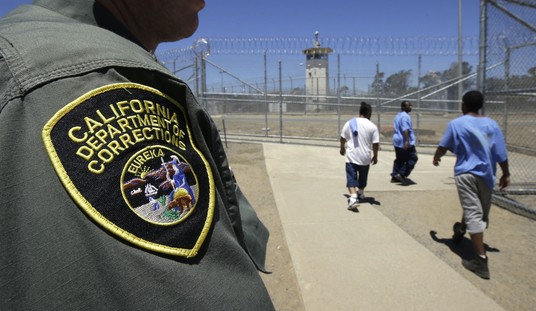Bloomberg News published an editorial today arguing that canceling student loan debt would “backfire on Biden.” That’s because while it purports to be a progressive step forward and is backed by Elizabeth Warren and Chuck Schumer, canceling student debt (or some portion of it) really winds up mostly benefitting people at the top.
No matter how it’s designed, student-debt forgiveness is very poorly targeted. A lot of the money tends to go to the relatively well off, who are more likely to attend college and hence to have debt. Consider the $10,000 proposal: An analysis by the Urban Institute suggests that it would cost almost $370 billion, about $150 billion of which would accrue to the top two-fifths of U.S. households by income. Applied elsewhere, that $150 billion could head off evictions for a year by increasing federal rental assistance, or ensure that the millions of U.S. children currently going hungry are fed for the next two years…
Also, it would do little to improve the immediate cash flow of the many debtors who — because they’re in default or in income-based repayment plans — are making small or no monthly payments. As a result, the effect on the broader economy would be much weaker than if the government just sent people money. Jason Furman, who headed the Council of Economic Advisers under Barack Obama, estimates that it would be close to zero.
Fox News points to another recent estimate of the impact of canceling student debt which also concluded that the impact on the economy would be very limited. Why? Because almost no one with student debt was planning to pay it all off this year. So wiping out that debt benefits some people for years to come but makes only a small impact on their spending in the short term.
A recently published report from the Committee for a Responsible Budget shows that forgiving all student loan debt would provide just a small bump to the economy, increasing cash flow by about $90 billion per year, even though it would cost close to $1.7 trillion…
Although eliminating the entirety of student loan debt in the U.S. would cost about $1.5 trillion, that’s not equivalent to the federal government sending $1.5 trillion in cash to households across the country. Instead of giving the average household an extra $15,000 to spend, it would relieve them of their monthly interest payments, freeing up about $200 per month for the typical borrower, the analysis shows.
“In other words, because borrowers often pay back their loans over 10, 15, or even 30 years, debt cancellation will increase their available cash by only a fraction of the total loan forgiveness,” the report said.
The Fox story also points out that “more than 70% of laid-off workers do not have a bachelor’s degree.” So eliminating student debt not only doesn’t help much in the short term, it primarily helps people who aren’t most seriously impacted by the pandemic-downturn in the economy.
In short, this is such a terrifically ill-timed idea that I’m surprised it is being floated at all. Biden would have to be an idiot to go with this but I suppose he feels the need to do something for the bitter left-wing of his party. With the loss of seats in the House and the likely GOP control of the Senate, all they have left are things like this which could be implemented through executive order. They want something out of Biden even if it doesn’t make much sense. The Bloomberg editorial concludes, “it would be an economic and political mistake — one that would cast doubt on Biden’s pledge to govern for all Americans.”








Join the conversation as a VIP Member